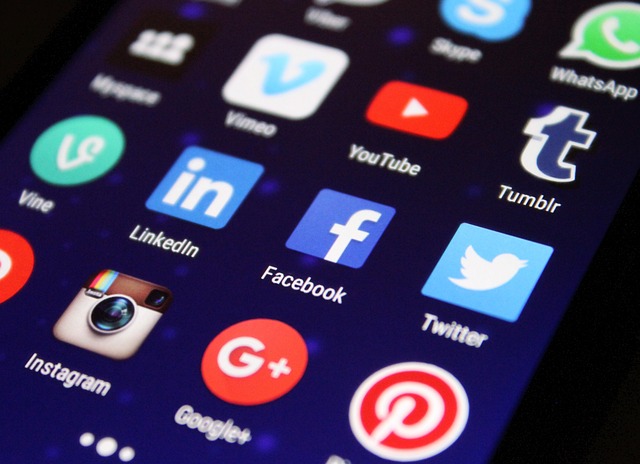In today’s digital age, the pervasive influence of social media is undeniable. Many of us find ourselves scrolling endlessly through feeds filled with captivating images, videos, and status updates. While social media offers a unique platform for connection and self-expression, the social media effects can be quite detrimental, affecting not only individual well-being but also societal norms and interactions.
One of the primary social media effects is the impact on mental health. Studies reveal a direct correlation between excessive social media usage and increased rates of anxiety, depression, and loneliness. As users chase likes and validation, they often compare their life experiences with the seemingly perfect lives of others. This comparison game can lead to feelings of inadequacy and dissatisfaction. The endless quest for external approval can create a vicious cycle, perpetuating negative feelings and a decline in self-esteem.
Moreover, the addictive nature of social media platforms can interfere with personal relationships. Many individuals find themselves absorbed in their screens, neglecting face-to-face interactions with friends and family. This disconnection can strain relationships and foster a sense of isolation, despite being “connected” online. It’s ironic how a tool designed to bring people together can sometimes drive them apart, highlighting a critical social media impact.
Another concerning aspect of social media addiction is its effect on productivity. The constant notifications, messages, and updates pull users away from important tasks, leading to procrastination and decreased focus. Employees may find themselves checking their phones during work hours, compromising their effectiveness and overall job performance. This distraction can extend into academic settings as well, where students may struggle to concentrate on their studies, choosing to scroll instead of focus.
The implications of these social media effects reach beyond individual experiences; they shape cultural norms and behavioral expectations. The desire for instant gratification promotes a culture of impatience and distraction, making it increasingly difficult for individuals to engage deeply with the world around them. This phenomenon not only affects personal lives but also influences collective societal behaviors and interactions.
Furthermore, social media platforms are designed to keep users engaged, often employing algorithms that feed on user preferences. This can result in a feedback loop that entraps users further into addictive behaviors, as they are constantly served content that aligns with their interests. This tailored experience, while strategic and enticing, raises ethical concerns regarding privacy and the psychological tactics employed to retain user attention.
In light of these realities, it’s essential to cultivate awareness regarding our social media habits. Simple measures, such as setting time limits for usage, prioritizing face-to-face interactions, and engaging in digital detoxes, can mitigate the negative social media effects and restore a healthy balance. By approaching social media mindfully, we can harness its strengths while minimizing its detrimental impact on our lives.
Ultimately, recognizing the signs of social media addiction is the first step toward reclaiming our time and mental health. As we navigate this complex digital landscape, let’s strive to foster authentic connections, both online and offline, and hold ourselves accountable to a healthier, more balanced relationship with social media.



